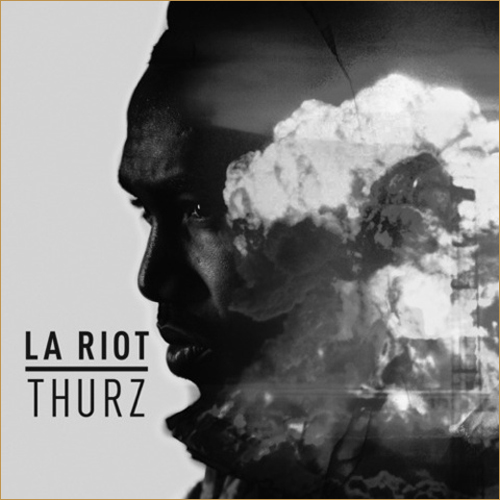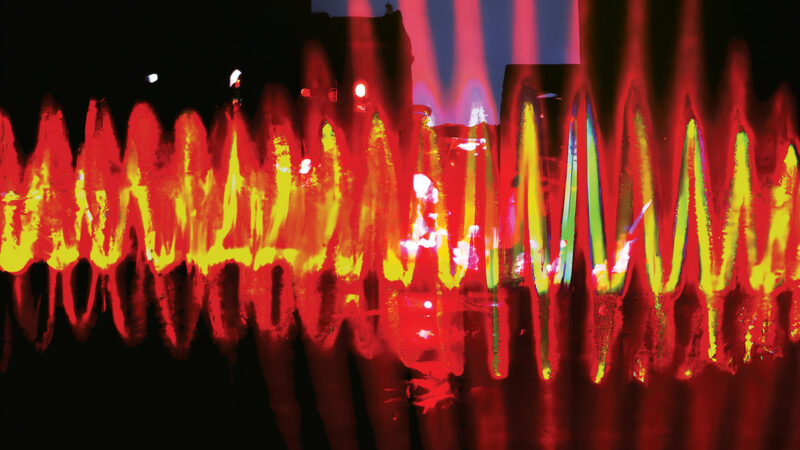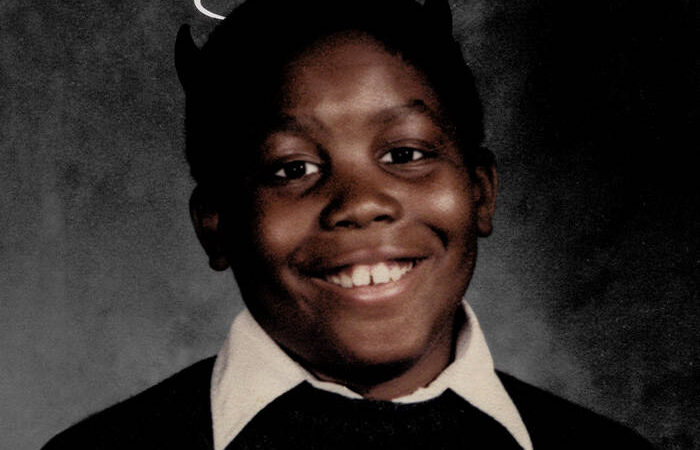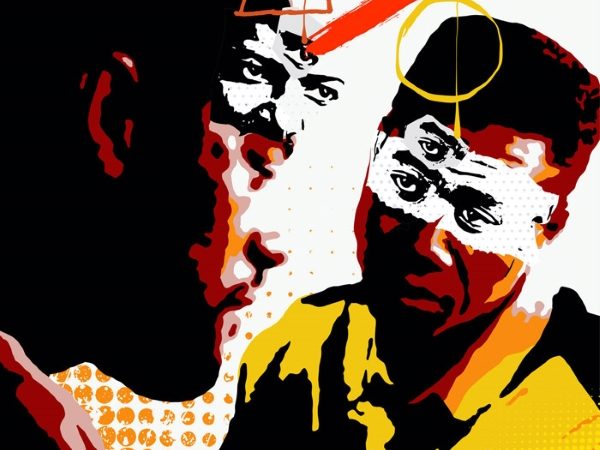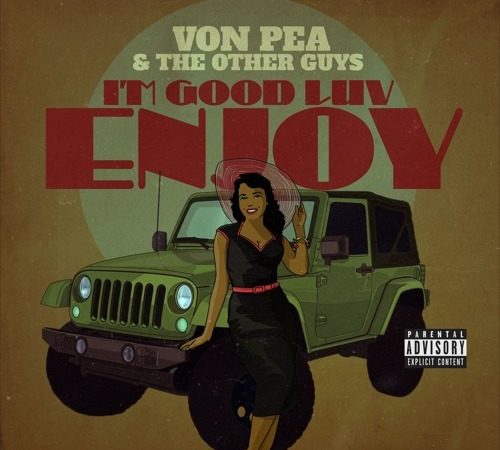By Odeisel
There is a small fraternity of rap albums that combine significant social commentary and legitimately funky and raw musicality. It Takes A Nation, Death Certificate and Me Against The World are just a few. Rapper Thurz, formerly of U-N-I, has submitted the high-powered L.A. Riot for admission to this select group, with expansive production, effective interludes, and strong lyricism.
The album is full of aggressive rhymes over a wide variety of hard knocking beats. Electric guitars and rock elements coexist with drums, both live and programmed. There is melody when needed and urgency when called for.On the brilliant “Rodney King,” where Thurz creates a firsthand account of that fateful night, there are beat changes that reflect the evening’s events, from watching the playoffs and hanging with his homies, to the drive home and the subsequent incident that provided the reason for the riots. This approach brings immediacy to a 19-years-old incident.
That same narrative prowess powers “Two Clips,” a tale of gang violence on a micro scale with revenge and eye-for-an-eye Blood/Crip violence that takes that conflict from amorphous plague to a familial, intimate level. Strong Arm Steady guests on “Colors,” a track about cats fronting like they’re hard, and woman who feign good girl status but live looser than unlaced Jordans.
Even when melody is introduced as on “Hell’s Angel” “Big Ball,” and on “Killers,” which tackles how unprotected sex and blind faith to religion can have dire consequences, the album still goes hard. Similarly, the Cheryl Johnson-backed “Prayer” rings with feel good rhythm as Thurz discusses the reasons for the U-N-I’s breakup and his own reason for rhyme.
Other places in the album call for lyricism over banging production. Black Thought brings heat on “Riot” with string-driven gravitas and bar for bar brilliance from both rappers.
“Manifest Outro” chops up The King’s “Human Nature” for a declaration of the underclass for whom Thurz creates while “Los Angeles” brings the meaning of the city from the mouths of its denizens under the same blaring horn made famous by Lords of the Underground’s “Funky Child.” Thurz delivers a sustained bursts between sets of testimonials of L.A. love. Thurz closes with “Dope,” the closing argument in his case for rap brilliance.
These days, rappers address media, police and societal ills like they approach the chick song and the weed song; just another element in an album formula. This kind of genuine high-powered reflection, coupled with precision arrangement and executive production is rare and should be commended and counted. L.A. Riot’s caustic, incendiary subject matter will almost certainly preclude it from any mainstream recognition. But it says here that this album is among the best albums of the year and rap albums of the decade. That it actually means something is a testament to the work of Thurzday.




 Out of 5
Out of 5
Follow Us on Twitter @ http://twitter.com/planetill
Follow Odeisel on Twitter @ http://twitter.com/odeisel
Join Us on the Planet Ill Facebook Group for more discussion
Follow us on Networked Blogs

